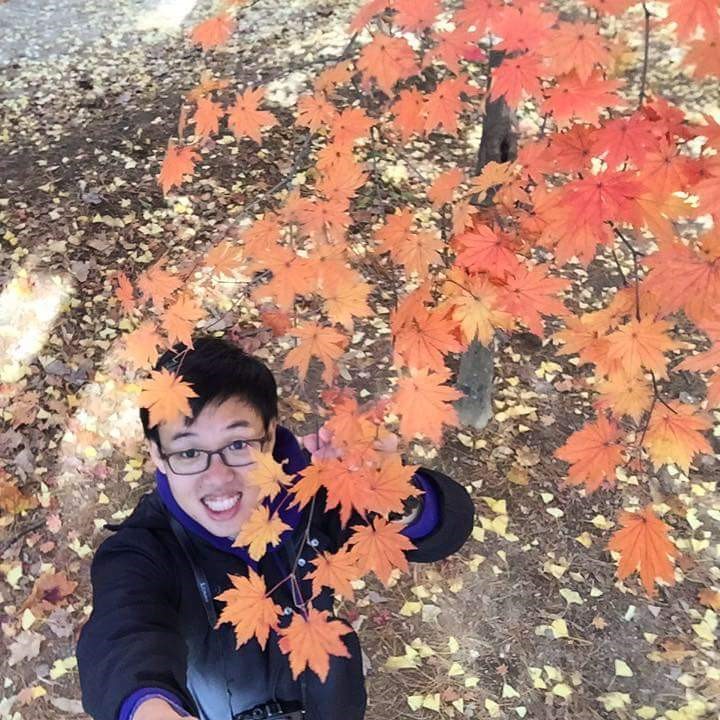

Chong Zhen Rui graduated from the SMU School of Social Sciences in July 2016 with a Bachelor of Social Science in Psychology and Organizational Behavior and HR. We managed to get a chance to ask Zhen Rui a few questions about his career and his experience as an SOSS undergraduate.
1. Where are you working at right now? Could you briefly describe your current role and responsibilities?
I am currently working at Accenture as a Talent Supply-Demand Analyst with the Human Resources Department. My portfolio comprises of 2 main areas: Talent Supply and Talent Demand.
As part of Talent Supply, I am in charge of the staffing arrangements and career movements of around 400 employees in Singapore of a particular resource pool. As Accenture is a consulting firm, there are many projects that the firm is working on. My job is to make sure that the employees under my care are staffed on a project that maximizes their strengths, aligned to their career aspirations, while at the same time fulfilling the business needs that the firm has. This requires conversations between the employees, the business leads, as well as myself to ensure that happens. In addition, I will also have to monitor and manage these employees to make sure that they meet their productivity targets in their respective roles in projects.
On the other hand, the Talent Demand aspect of my role is to understand the business environment that the firm is in to ensure that project resourcing needs are adequately met and addressed. During a service delivery life cycle of a project, there will be various resourcing needs in which a project will require to deliver the end product that the client requires. My role will be to guide and assist the business to fill these resourcing needs, be it through existing employees in the firm or through various sourcing channels such as recruitment and contracting.
2. What made you decide to apply for this job? What part of it do you find particularly meaningful or satisfying?
I had 2 internship stints with Accenture HR as a campus recruitment intern, first in the summer before year 4, and the second time working part time during my final semester in SMU. During my second internship, the opportunity to join the firm on a full time basis came up and I decided take the challenge. I started part time and eventually moving on full time after I graduated from SMU.
The opportunity to participate and have an impact with the business is where I find it the most challenging, but yet also the most meaningful. From Day 1 in my current job, I am directly involved with the business leads on a day to day basis and had to manage that without much supervision from my own supervisor. The learning curve was definitely very steep, but it allowed me to grow into my role quickly while also understanding in depth of the entire business climate that the firm is in, what kind of work we are engaged in, and the challenges as well. This is something that my previous experiences with other firms did not offer.
In addition, the pace at which the firm is changing and evolving every day keeps the work challenging and exciting. It definitely keeps me engaged and challenged, and there is not a day that is mundane.
3. What were some of the beneficial courses you took or experiences you had in SMU that eventually came in useful for your current career?
Computer as an Analysis Tool (CAT) is definitely one of the courses I consider highly beneficial. While a huge part of my work involves human interaction, there is substantial data and reports that I have to work through as part of my job responsibilities. CAT definitely gave me the knowledge that I needed to analyze those data and produce reports at a much more efficient pace.
Majoring in Psychology and OBHR definitely helped in my current career now. Psychology and HR research enabled me to better understand behavioral trends in the workforce, be it in methods to improve employee engagement or ways to retain and attract talents to the workforce.
4. What advice do you have for your SOSS juniors who may be contemplating a similar career?
Always be ready to make mistakes, and be receptive to all the learning opportunities from your friends and colleagues. Human Resources requires constant interactions with many different stakeholders, and no one person in the world is the same as the other. This means you have to be adaptive and agile to position yourself as a trusted partner to the business.